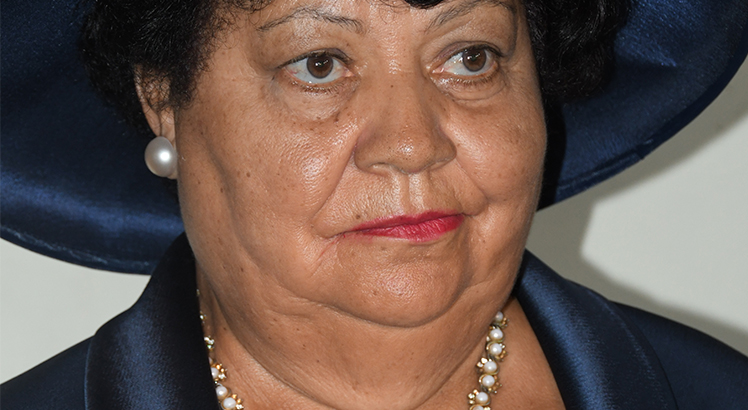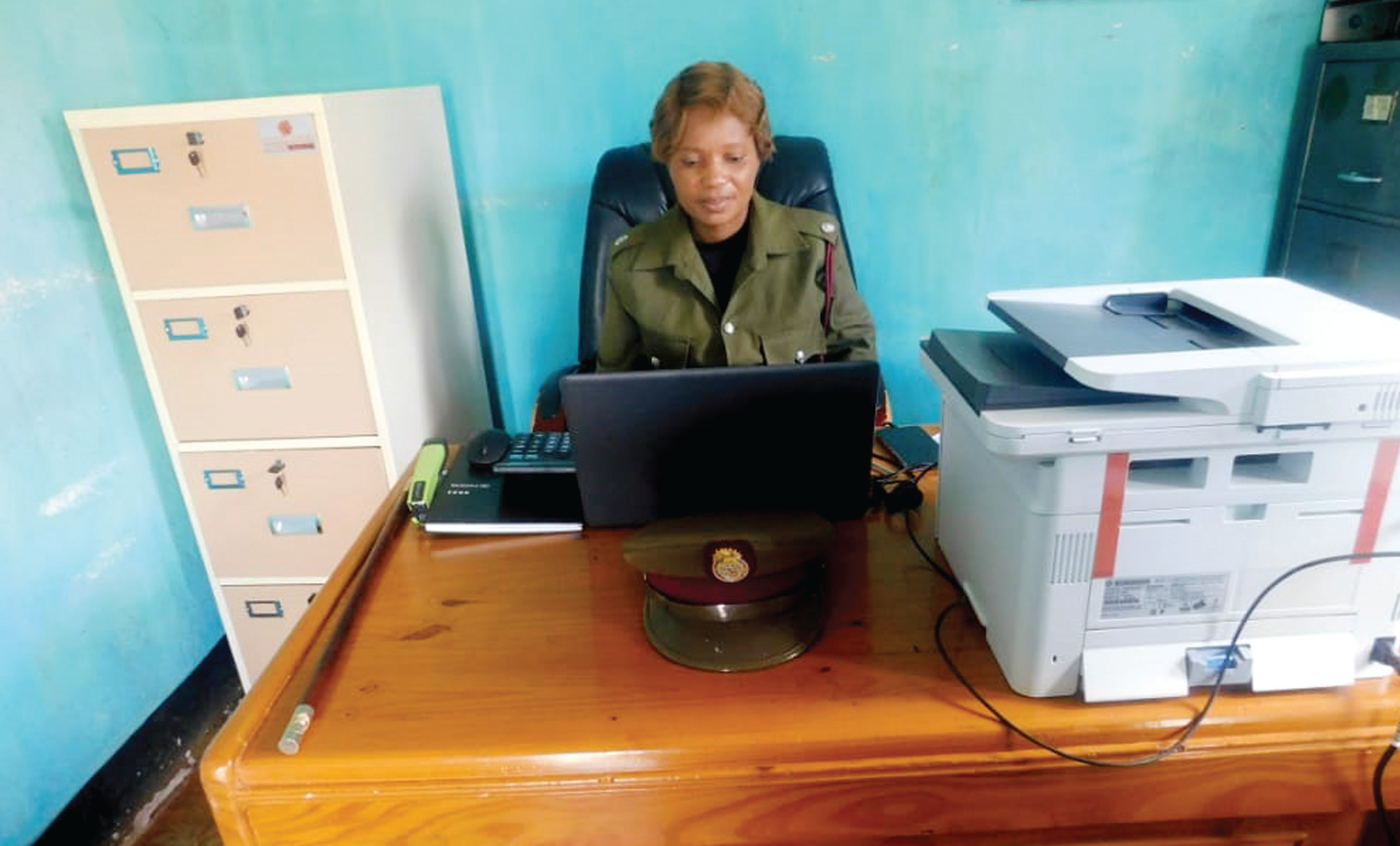Navigating politicsas a Woman
Active participation of women in politics is essential for achieving gender equality and fostering true democracy.
It enables direct involvement in public decision-making for women accountability.

Malawi has only 40 women parliamentarians out of the 196, falling short of the global 50/50 campaign for gender representation in politics.
Despite this disparity, Malawi has seen the emergence of remarkable female politicians, with some gaining international recognition for their notable achievements.
From April 7 2012 to May 31 2014, Joyce Banda became Malawi’s first female president, first in the southern Africa region and the second across the entire continent.
She started her political journey in the 1990s, overcoming numerous challenges to reach her current position.
Banda said: “Granting women an opportunity in decision-making is crucial as a woman has the ability to nurture a family and make prompt decisions.

“Unfortunately, numerous challenges impede women’s involvement.”
She highlighted financial challenges as a significant obstacle women encounter.
United Democrat Front (UDF) president Lilian Patel and Mangochi South MP entered politics in the early ‘90s.
A former Minister of Health, her political journey has enlightening experiences.
“Being a woman in politics back then was dangerous, especially during campaigns when male politicians resorted to personal attacks that often affected their families.
“The public was exposed to personal stories never intended for the public, aimed at undermining you. As a woman, strength and emotional resilience were essential,” she said.
Patel served as the Foreign Minister of Malawi from 2000 to 2004. She assumed the role of Minister of Labour and Vocational Training from 2004 to 2005.
She was Minister of Health from 1996 to 1999. Following her tenure as Foreign Minister,
“The beauty of a woman lies in her ability to bring sustenance to the table and nurture a family—an innate God-given gift. When given the chance, women demonstrate remarkable effectiveness in getting things done,” she said.
Emphasizing the importance of women in decision-making, she cited instances of passing Bills related to health and safe motherhood, underlining the profound understanding women bring to such matters.
Fyness Mangonjwa is the youngest MP Parliament who ascended to power in 2019 at the age of 22.
The backward development of her hometown in Machinga motivated her to enter politics.
However, this decision was not without its challenges.
Coming from Machinga where cultural practices often restrict women from ascending to higher positions, she faced additional hurdles.
“I fought on three fronts during the campaign – persuading voters to support me while contending with objections about my age and the prevailing notion that a woman cannot lead. The constituency had not been led by a woman at that time,” she shared.
Mangonjwa took a bold initiative to convince her constituents about the importance of having a youthful representative.
The positive aspect was the unwavering support she received from her family.
Her parents financially backed various projects such as building bridges and boreholes.
Mangonjwa noted the challenges of dealing with male politicians, party members and opponents who attempt to take advantage because of her gender, often underestimating her capabilities.
“I have also come to realise that it requires navigating three constant challenges – emotional turmoil that undermines self-esteem, the need for mental strength to withstand negativity, especially on social media and the simultaneous responsibility of being a bold leader. It can be disheartening when the same people you are striving to help talk negatively behind your back,” she said.
Recalling her initial encounter with the media, it did not go well as she struggled to find the right words, resulting in a viral video that became a subject of national ridicule due to her broken English.
“Emotionally hurt by the experience, I sought English lessons from a personal teacher, which significantly aided me. Over the past three years in power, I’ve grown to understand my role and now, I’ve committed to making politics my profession, investing heavily in my career,” she revealed.
Mangonjwa stressed the importance of raising awareness for women to participate in decision-making, citing low self-esteem and limited sources of income as major challenges that deter many women from pursuing such positions.
To all women, she said it is time to be part of the bigger picture.
She also suggests awareness campaigns where female MPs could be invited to be speak and encourage our other women to contest stand as we move towards the elections next year.





